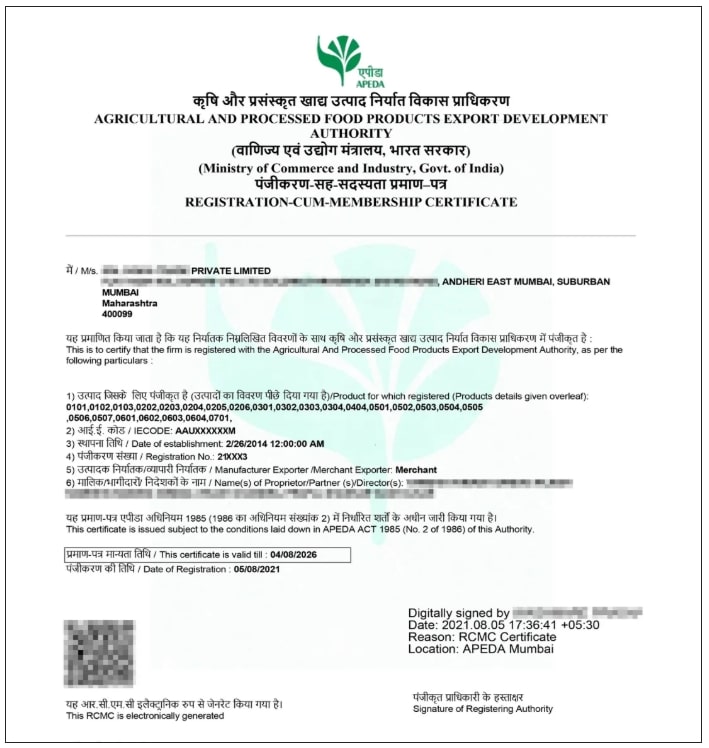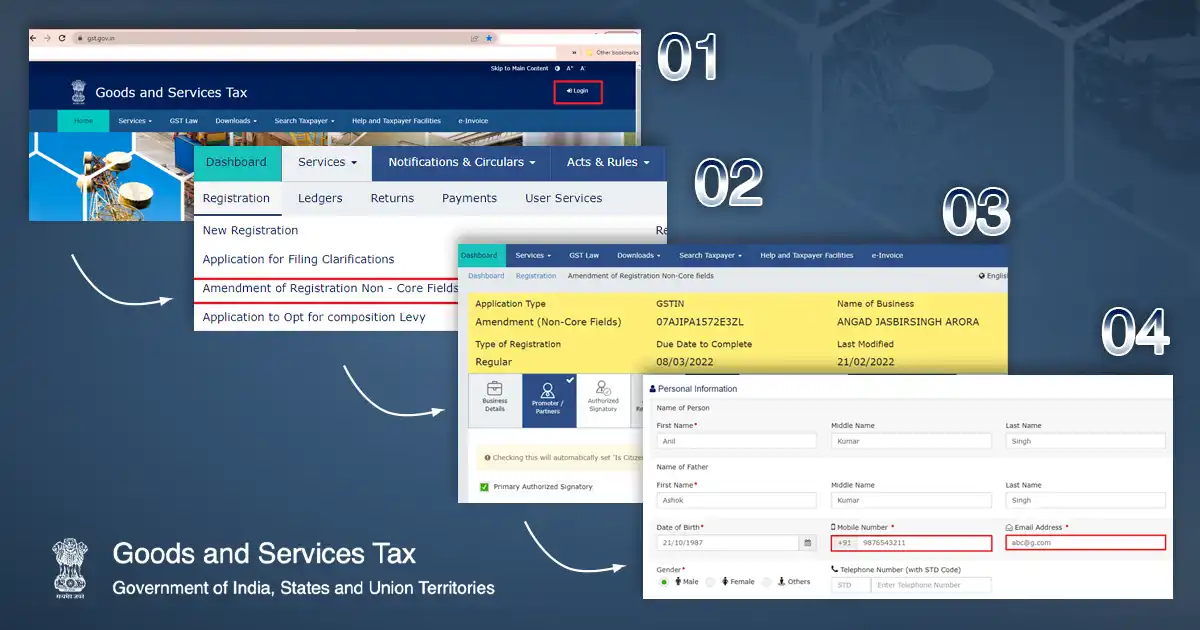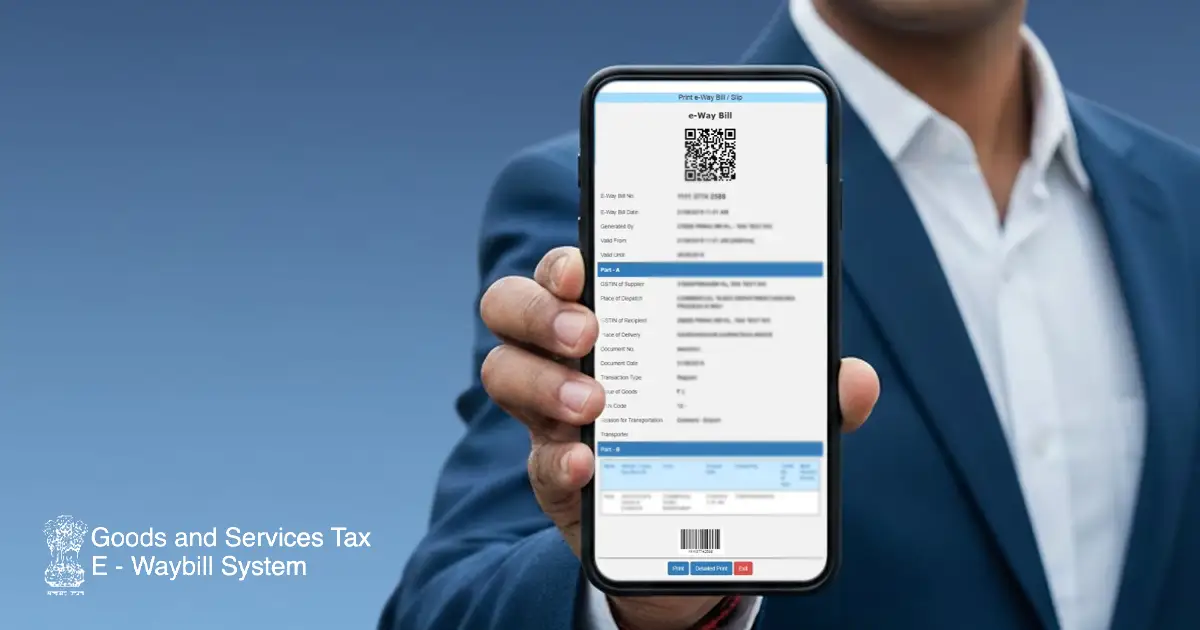For businesses looking to export agricultural or processed food products from India, obtaining APEDA Registration is a mandatory and crucial step for ensuring legal compliance and accessing global markets.
The full form of APEDA is the Agricultural and Processed Food Products Export Development Authority. It is a government organization under the Ministry of Commerce and Industry, established by the Indian Parliament through the APEDA Act of 1985, which came into force on 1st March 1986.
The main goal of APEDA is to promote agricultural exports and ensure the quality of products leaving India. It acts as your passport to the global market, providing you with the credibility and support needed to succeed internationally.
Objectives and Functions of APEDA
APEDA's work is vital for India's agricultural export sector. Its key objectives and functions include:
- Promoting Exports: APEDA helps exporters find new markets and buyers abroad. It also participates in international trade shows to promote Indian products. To get started, businesses must obtain a Registration-cum-Membership Certificate (RCMC), which is essential for exporting scheduled products.
- Setting Standards: A key function is to set internationally recognized standards and specifications for agricultural products, ensuring Indian goods meet global quality requirements.
- Offering Financial Assistance: APEDA offers financial assistance to registered exporters for activities such as improving product quality, packaging, and upgrading infrastructure to meet global demands.
- Collecting Data: It collects and analyzes market data. This information is shared with exporters to help them make smart business decisions.
- Protecting Geographical Indications: APEDA helps protect products with unique geographical identities, like Basmati rice. This gives Indian products a special place in the global market.
- Access to Organic Export Certification: APEDA also facilitates organic certification for exporters looking to enter the growing global market for organic agricultural products, ensuring compliance with international organic standards.












